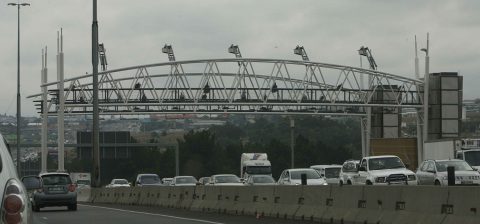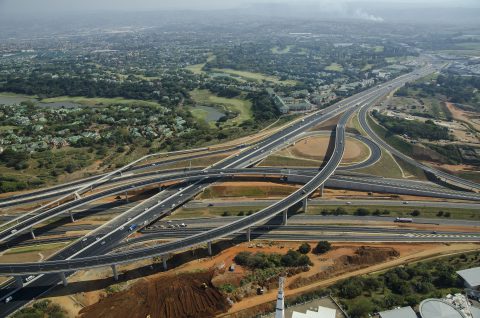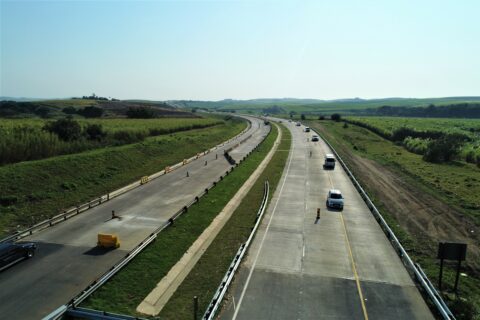Infrastructure
The Roads To Nowhere?
Our modern reliance on mechanised transport requires well-built and maintained roads. Poor road conditions are an economic and development cancer, as countries such as the DRC demonstrate. But we don’t need to travel
3 000kms to find proof. Many of South Africa’s roads are in a dire state and need maintenance, says Dr Matthew Townshend, economic consultant at Cornerstone Economic Research:
“The road maintenance backlogs are immense, particularly for the provincial and municipal networks. By the end of 2017, the provincial and municipal road rehabilitation backlogs were approximately six and eight times higher than their respective total annual road maintenance expenditure. The pressures on road maintenance budgets, such as the National Treasury’s commitment to fiscal consolidation and crowding-out by other needs, such as education and healthcare, are also currently worsening, rather than abating. These subnational road maintenance backlogs therefore appear too large to be addressed through national transfers and subsidies.”
Though authorities are looking for alternative funding, that is not enough. Without better prioritisation and asset management, the situation will worsen. While national highways and metro arteries garner the most attention, rural and unpaved road conditions are shocking – only 9.7 per cent of unpaved rural roads are in good condition. Paved low-volume roads don’t fare much better.
Why are we on such bumpy terrain? Underspending on maintenance is an issue, though the state has made efforts to push significant funding towards this area. But there are also many unfilled vacancies in the sector, despite ongoing training efforts.
“Although there are skills available to maintain roads in South Africa, the current challenge appears to be in the procurement processes to appoint professional engineers and contractors to execute road construction and road maintenance projects,” says Solange Soares, communication manager for Trans African Concessions. “This delays the road infrastructure improvements the country desperately needs to boost economic growth.”
Prevention vs cure
“Prevention is better than cure, that is why ongoing preventative road infrastructure maintenance is key. Once potholes start forming, it’s too late, and rehabilitation and resurfacing are needed,” says Soares.
Fortunately, it’s not a crisis without a response, and there are examples of entities reversing the trend. For example, Bakwena Platinum Corridor Concessionaire maintains the high-quality N1 highway between Pretoria and Bela Bela.
“We contract to SANRAL and follow their road maintenance standard, which amounts to 100 per cent maintenance of every kilometre of road, 100 per cent of the time,” says Bakwena’s COO, Solomon Kganyago. “Under the concession agreement, the concession holders are responsible for raising capital for road construction, servicing this debt, and funding all upgrades, rehabilitation and maintenance, as well as operational costs.”
As Bakwena is not subject to public sector procurement processes, it’s easier to find skills and partners with a high level of transparency. But while toll booths and concessions are feasible for national highways, it’s trickier for municipalities that often lack skills and, legislatively, cannot toll for maintenance. Addressing these issues will help improve roads. So will other infrastructure, such as fixing the railways. The country’s roads carry more freight traffic than necessary to accommodate the lack of reliable rail services.
But low-volume and unpaved roads cannot be neglected, especially as they impact rural development and agriculture, and therefore require urgent attention.
Townshend says: “A policy to seal all low-volume roads worth maintaining at all, at the fastest rate possible, within the exogenous fiscal constraints, would free up resources over the long-term for additional maintenance activities. A policy to seal low-volume roads offers other potential welfare benefits, including employment opportunities, skills and contractor development, substitution of local resources for imports, decreased rates of rural-urban migration, less dust and carbon emissions, and all-weather road access to basic services.”






 Sign-up and receive the Business Media MAGS newsletter OR SA Mining newsletter straight to your inbox.
Sign-up and receive the Business Media MAGS newsletter OR SA Mining newsletter straight to your inbox.